AARP Hearing Center

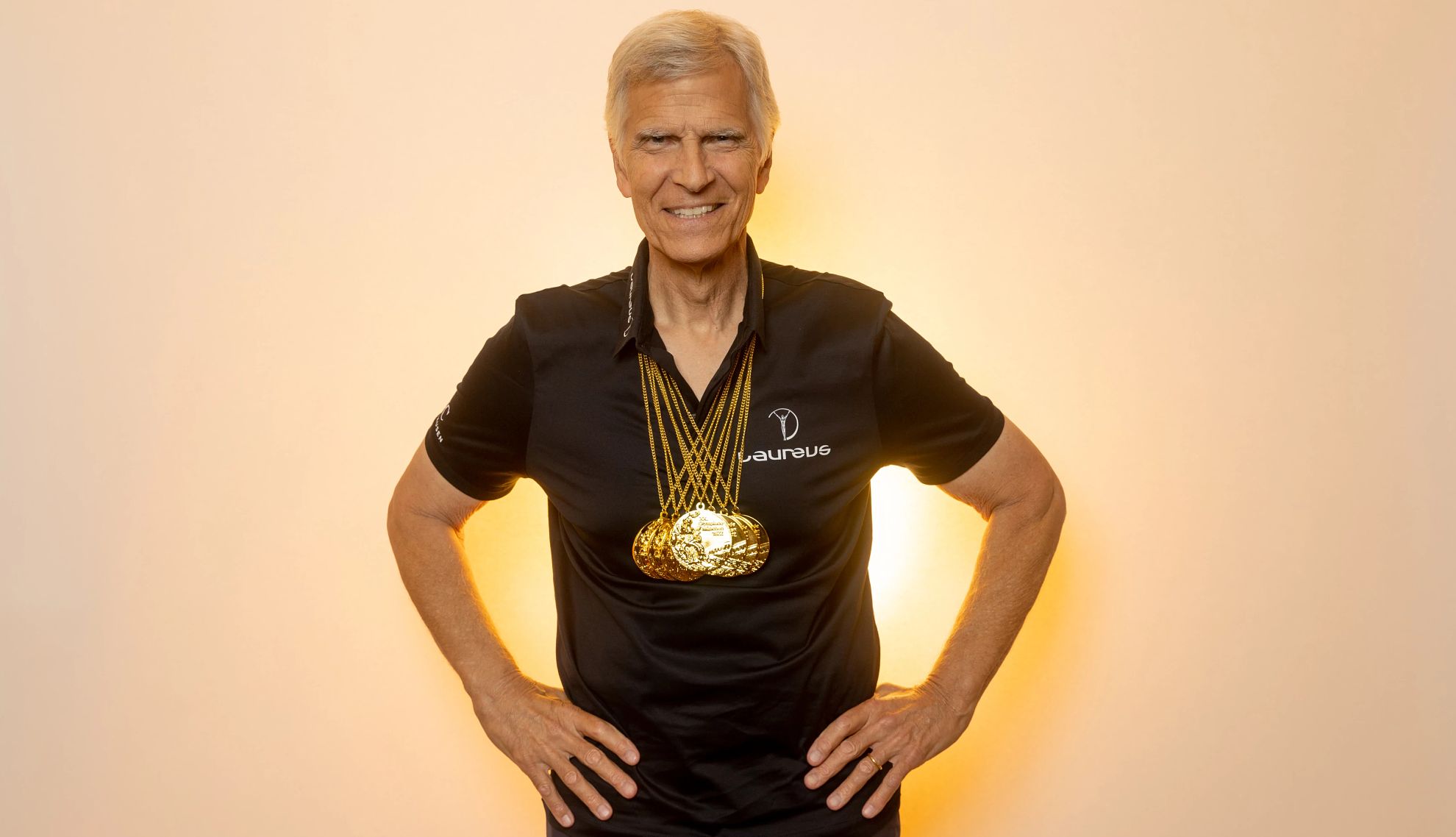
At the 1972 Summer Olympics in Munich, Germany, American swimmer Mark Spitz won more gold medals than anyone had before. But his moment of triumph was marred by a tragic terrorist attack. He recalls that moment, and what he has learned in the years since.
When you were 9, you competed in your first swim meet. What happened that day?
It was a local meet in Sacramento. After one of the swims, my mother took me to an area where there were three circles on the ground — 6, 5, 4 — and a little staircase with the numbers 3, 2, 1. They told me to stand on number 5 and gave me a purple ribbon. But I realized that if I’d swum faster, I would have made it up that staircase. So I took the ribbon off, and to this day, I can’t stand the color purple.
How were you different from other swimmers?
I wasn’t afraid to give 100 percent, regardless of the result. The difference between mediocrity and stardom is only 4 to 5 percent. I swam 4 to 5 percent faster than everyone else. That was my goal — to be faster and not give anyone a chance to think they could beat me.
You’ve written that “success depends in large part on the choices we make.” What bad choices did you make that taught you important lessons?
One bad choice was failing to prepare [for the 1968 Olympics in Mexico City]. I decided to swim in three individual events plus two relays. But I’d failed to prepare myself for that many races. I assumed that I would be good in all of them because I held the world record in two of them. That was a mistake.
Four years later in Munich, you won a record seven gold medals. But the morning after your final victory, Palestinian terrorists launched an attack that left 11 Israeli athletes, a police officer and five terrorists dead.
That morning there was a press conference that was supposed to be about my seven gold medals. But as soon as we got off the bus, a Sports Illustrated reporter met me and said, “Have you heard what has happened? You’re going into a crowd of reporters who are hungry for information. They don’t care what you did last night.” The press conference lasted roughly 15 minutes. They asked me questions that I had no answers for. Nothing about swimming at all.
What’s a vivid memory for you?
When I got back to my room, the chancellor of West Germany was there and said, “We’re going to take care of you.” They took me and my coach, Sherm Chavoor, to the airport and threw a blanket over me as I lay down in the car, so the press wouldn’t see me. Then, they put us on a flight to London. Everyone thought I was a target because I was Jewish.




























































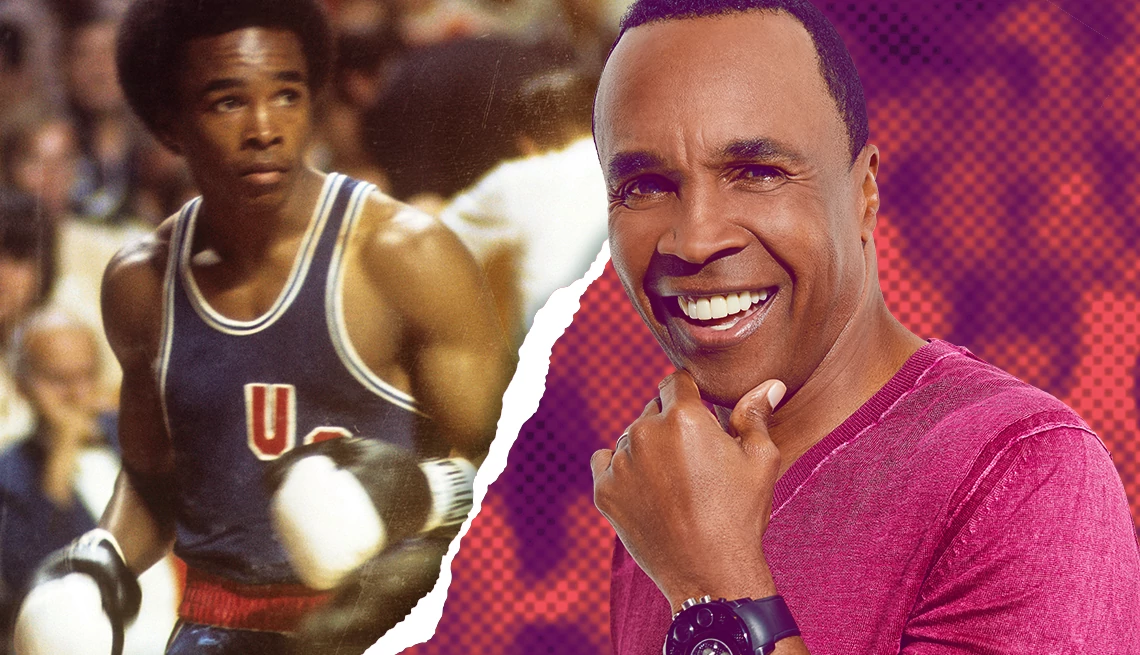

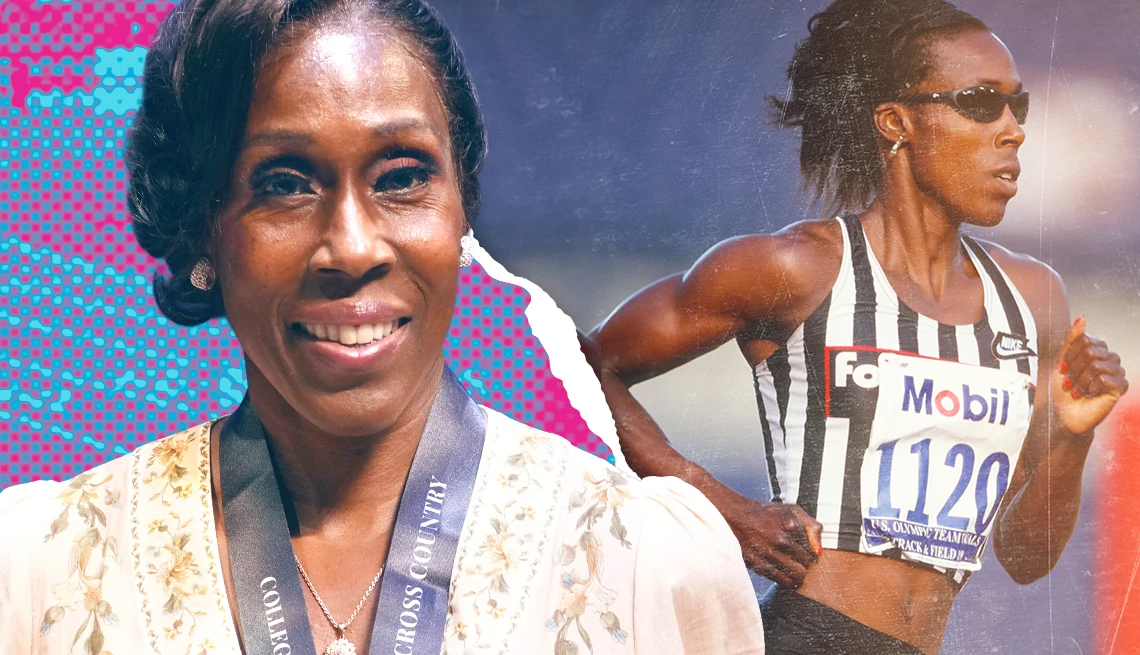


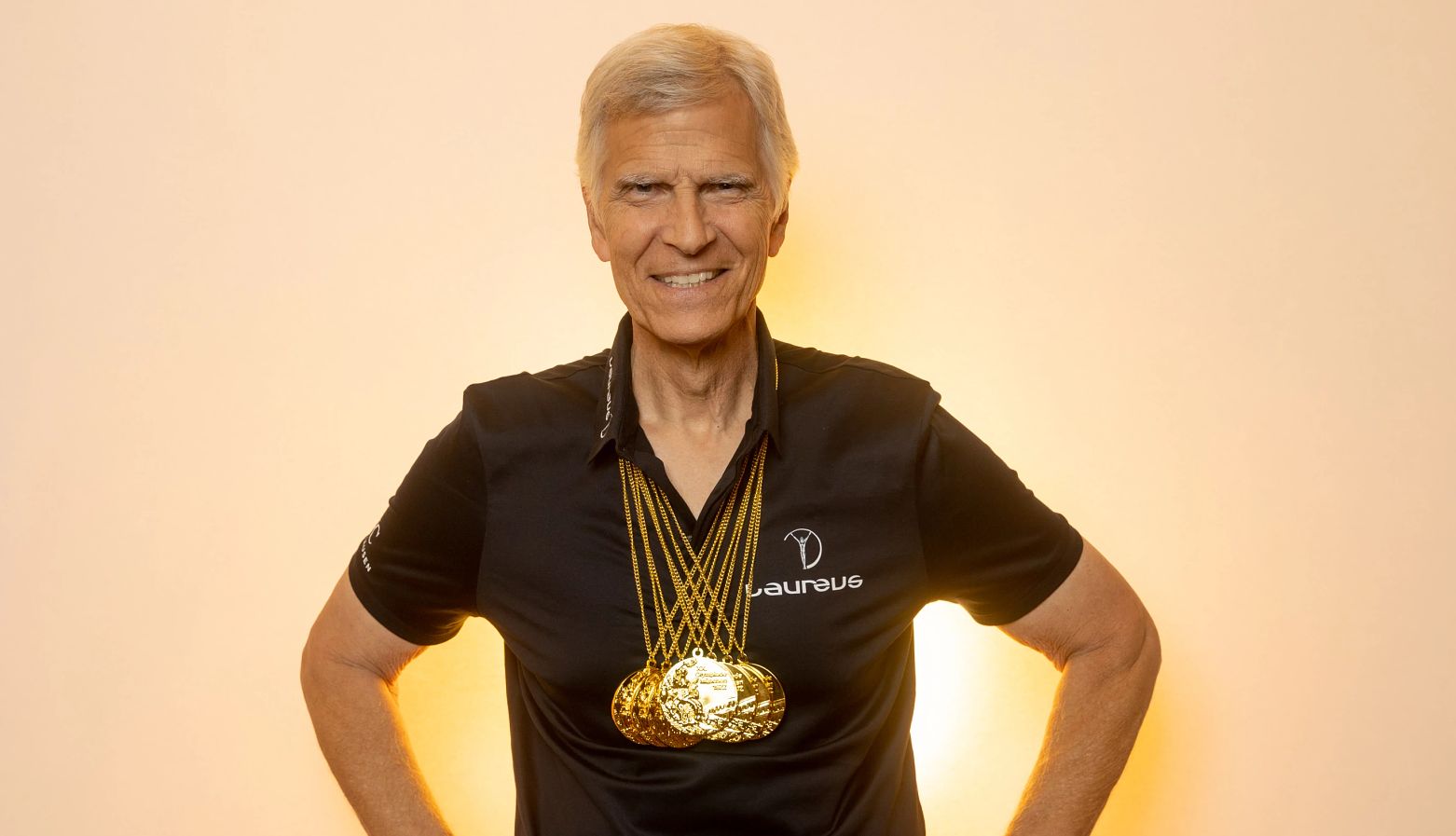
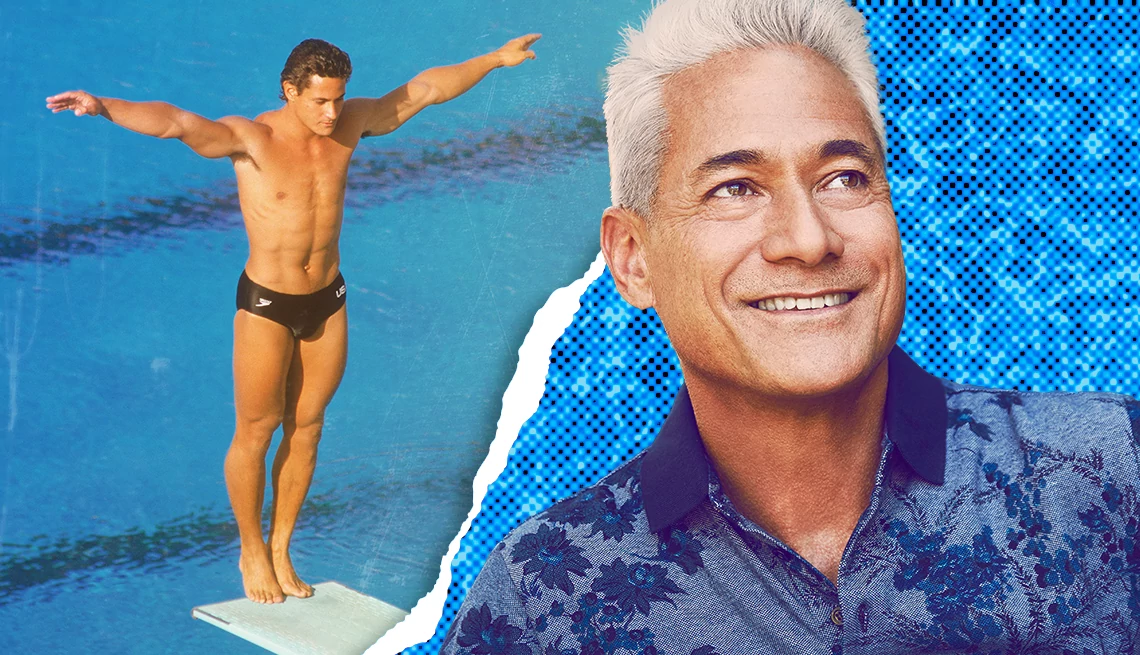
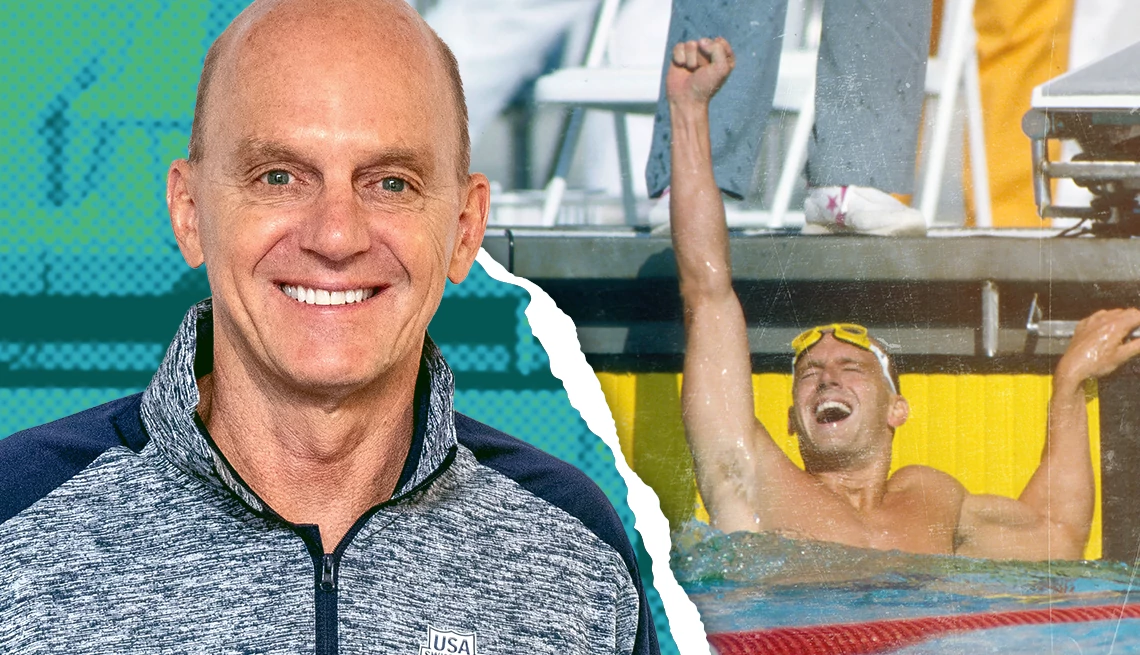
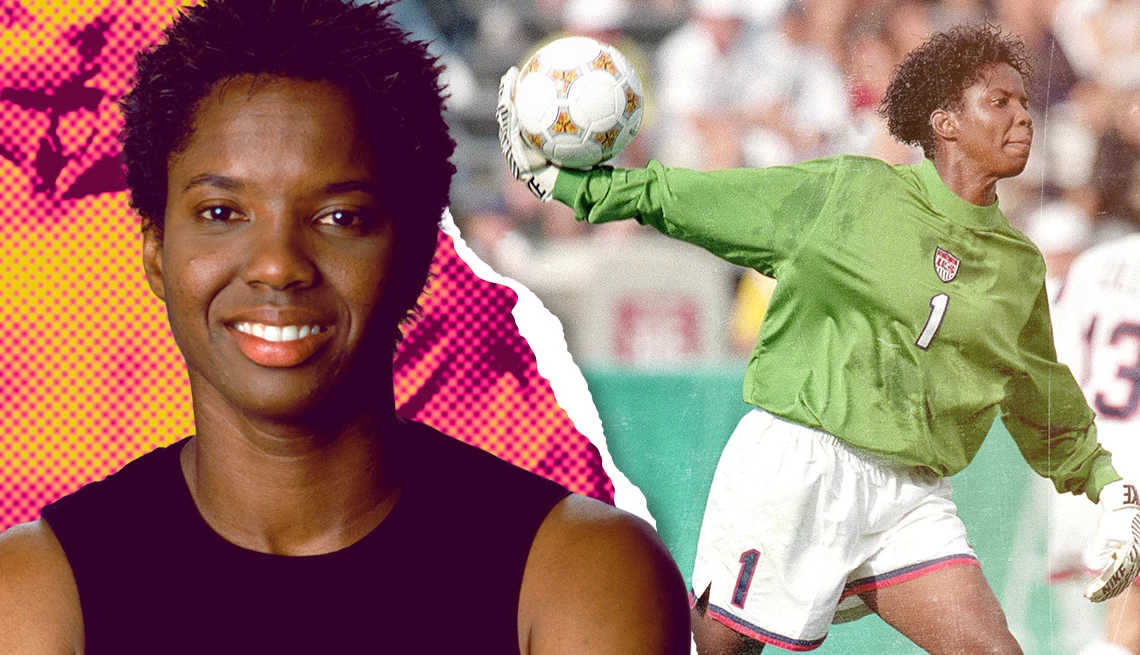
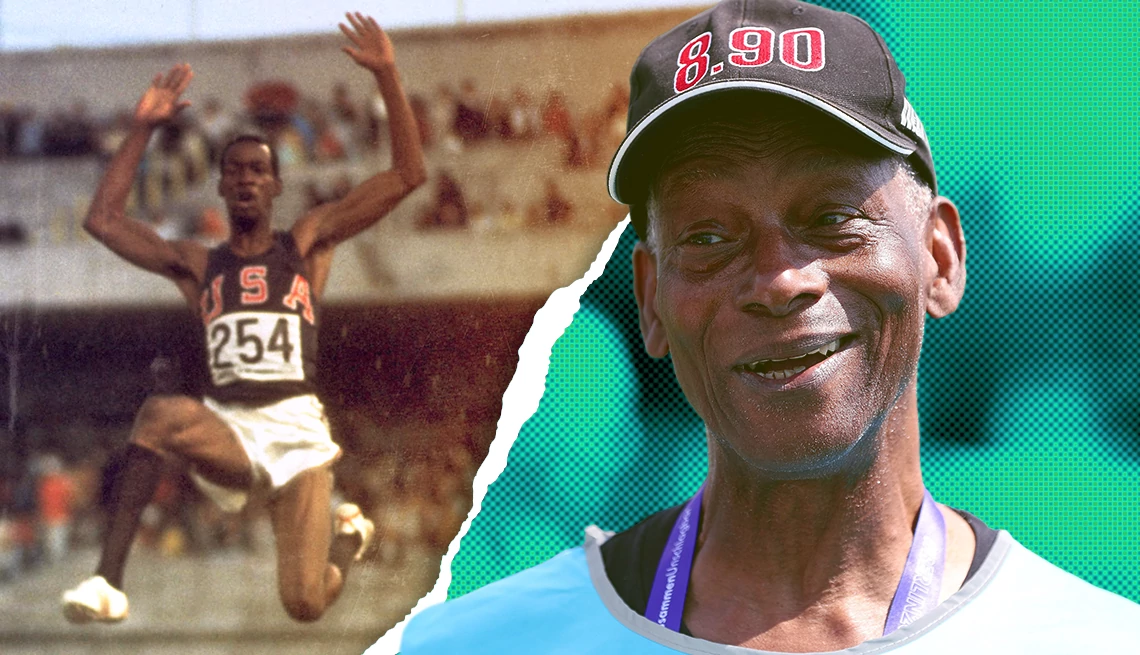
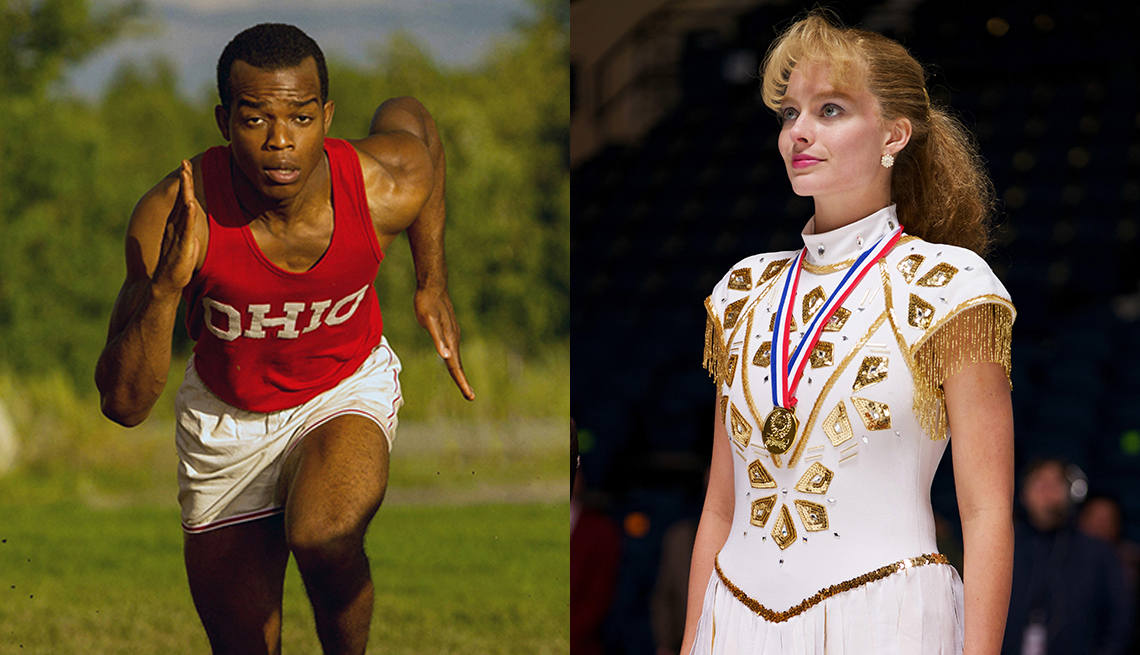



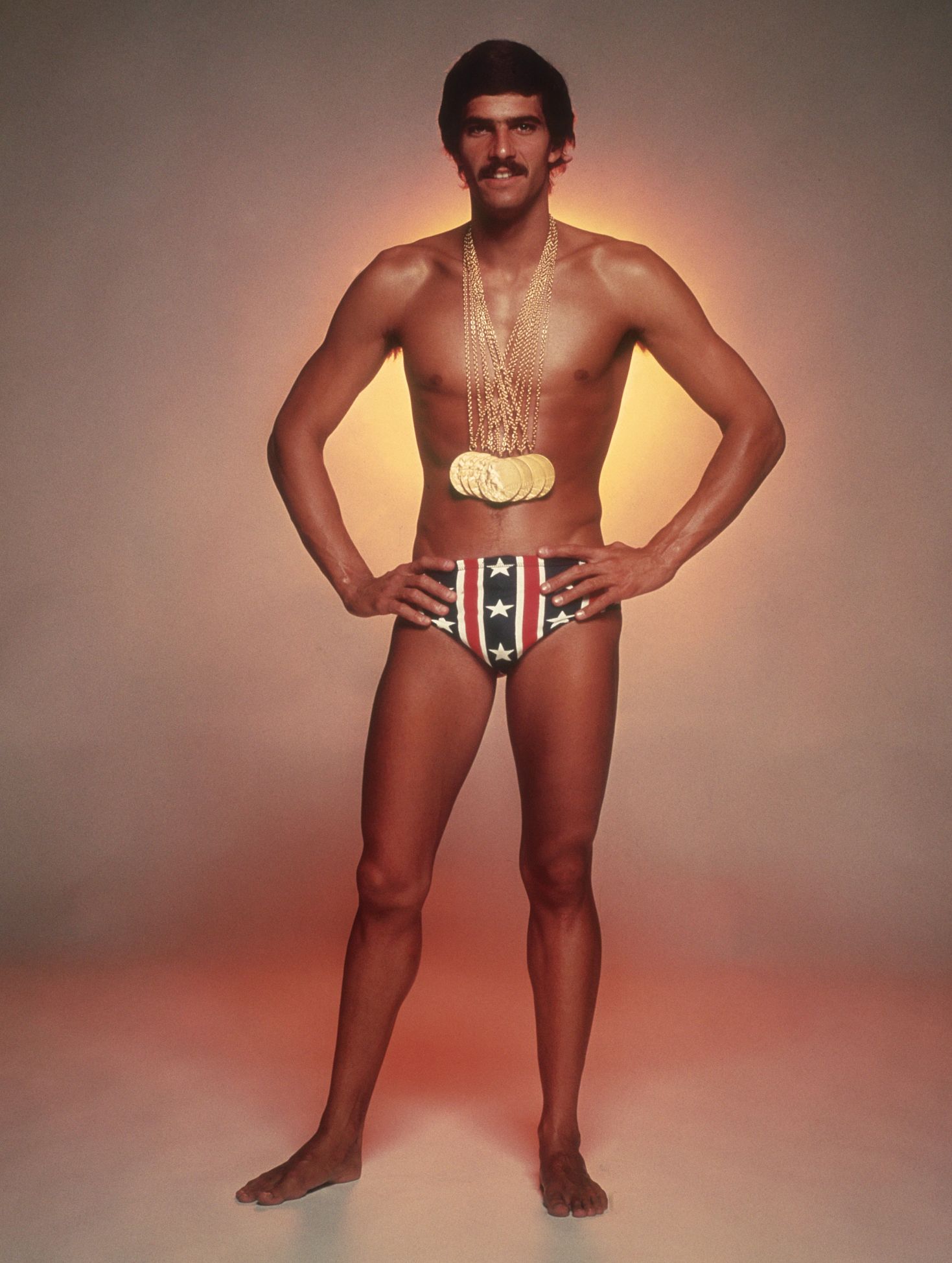
You Might Also Like
How One Woman Faced Her Fear and Learned to Swim
Overcoming decades of fear around water — plus how to improve your swimming
Kathie Lee Gifford Wants to ‘Set the Record Straight’
She dishes on new book ‘Herod & Mary,’ who’s participating in her documentary and her thoughts on retirement
Minnie Driver Transforms Into Queen Elizabeth I
Actress shares the love and discomfort of playing the character and how she’s refusing to let age define how she lives
Recommended for You